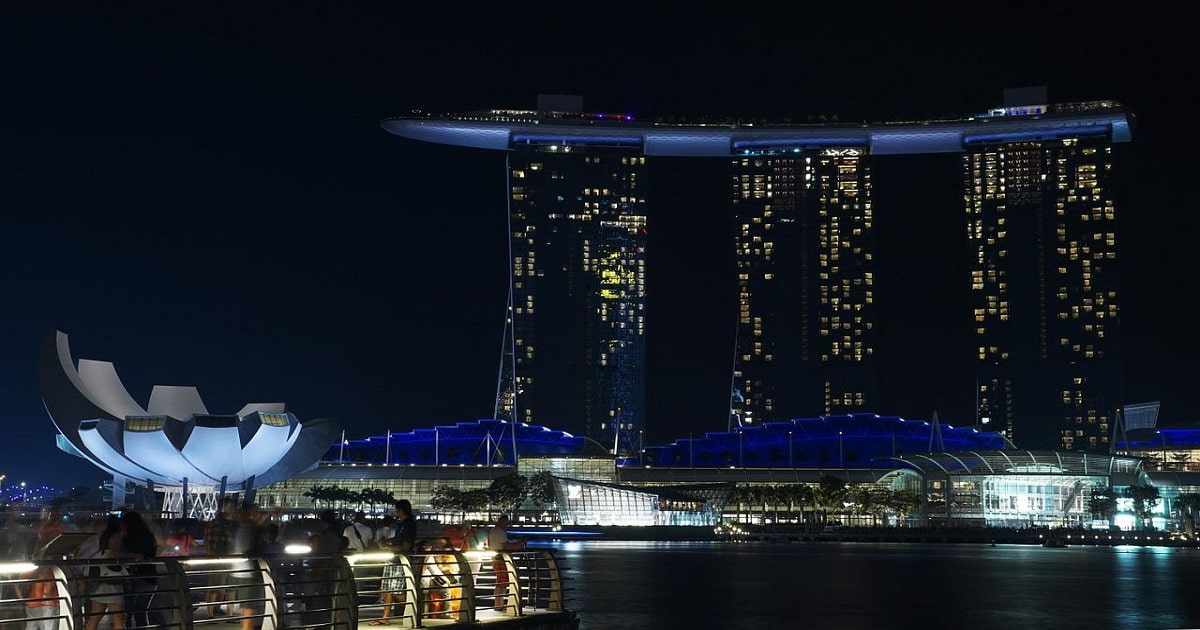The cost of owning a car in Singapore has many families opting for alternative forms of transportation.
The cost of owning a car in Singapore is the highest in the world. Because Singapore is so small, if everyone owned a car, the road would be hectic, and there would be limited parking. This is why the government limits private car ownership by elevating the costs of owning one.
There are 6 main factors that determine the price of a new car in Singapore:
– Open Market Value (OMV): OMV is a baseline guide to the car’s original price. Think of it as the retailing price we would normally buy a car.
– Additional Registration Fee (ARF): ARF is a form of tax imposed on all cars during registration and is calculated based on the OMV of the vehicle.
– Excise Duty and GST: Excise Duty is a tax on specific goods within a country. The Excise Duty on cars in Singapore is 20% of OMV. A further 7% GST is then added to the price of the car.
– Certificate of Entitlement (COE): COE is a “market-driven” certificate that allows a car to be driven on Singapore roads for 10 years. COE prices for CAT A (car up to 1600cc and 130bhp) is $72,996 and $98,389 for CAT B (car above 1600cc or 130bhp). CAT E (open) COE price is $99,999.
– Vehicular Emission Scheme (VES) Rebate or Surcharge: the VES encourages owners to buy a car that emits fewer pollutants. Depending on your vehicle’s emission, you may have to pay a supercharge or enjoy an ARF rebate.
– Local Dealers’ Margin for Cars in Singapore: the car dealers that are selling you the car would also need to cover their own overheads and earn a profit for themselves. Dealers’ margins could range from as little as 10% for affordable brands to as high as 50% or more for luxury car brands.
There are also multiple fees and costs that come with owning a car, like a road tax, mandatory car insurance, servicing and maintenance costs, petrol, parking, and road tolls.
Singapore was ranked the second most expensive city in the world by the Economist Intelligence Unit (EIU) in its Worldwide Cost of Living 2021 survey. The city was previously in the number one spot for seven consecutive years. As a result of strong economic growth over the years, the cost of living has inevitably risen due to inflation.
There are multiple reasons why Singapore is so pricy:
The land is very scarce; with over 5 million people residing in Singapore with only 733.1km2 land areas, Singapore ranks third in population density. There are also very few natural resources, so the country has to rely on importing goods from other countries. More than 90% of all food consumed in Singapore is imported. The lack of land for agriculture also plays a role here.
Singapore doesn’t have land or many natural resources, so they have to rely on human capital, causing a strong emphasis on education. Healthcare is another factor in human capital; thus, the government spends billions annually to ensure its people stay healthy. As a nation progresses, the lives of its people naturally improve.
To offset the cost of car ownership, Singapore has begun the construction of a 350-kilometer mega transit system that will bring a giant leap in social-economic development. This massive project is estimated to cost a whopping $26 billion U.S. dollars, spanning two countries, Singapore and Malaysia.
Until the construction is complete, the high cost of owning a personal vehicle will be afforded to the uber-rich and government officials.









